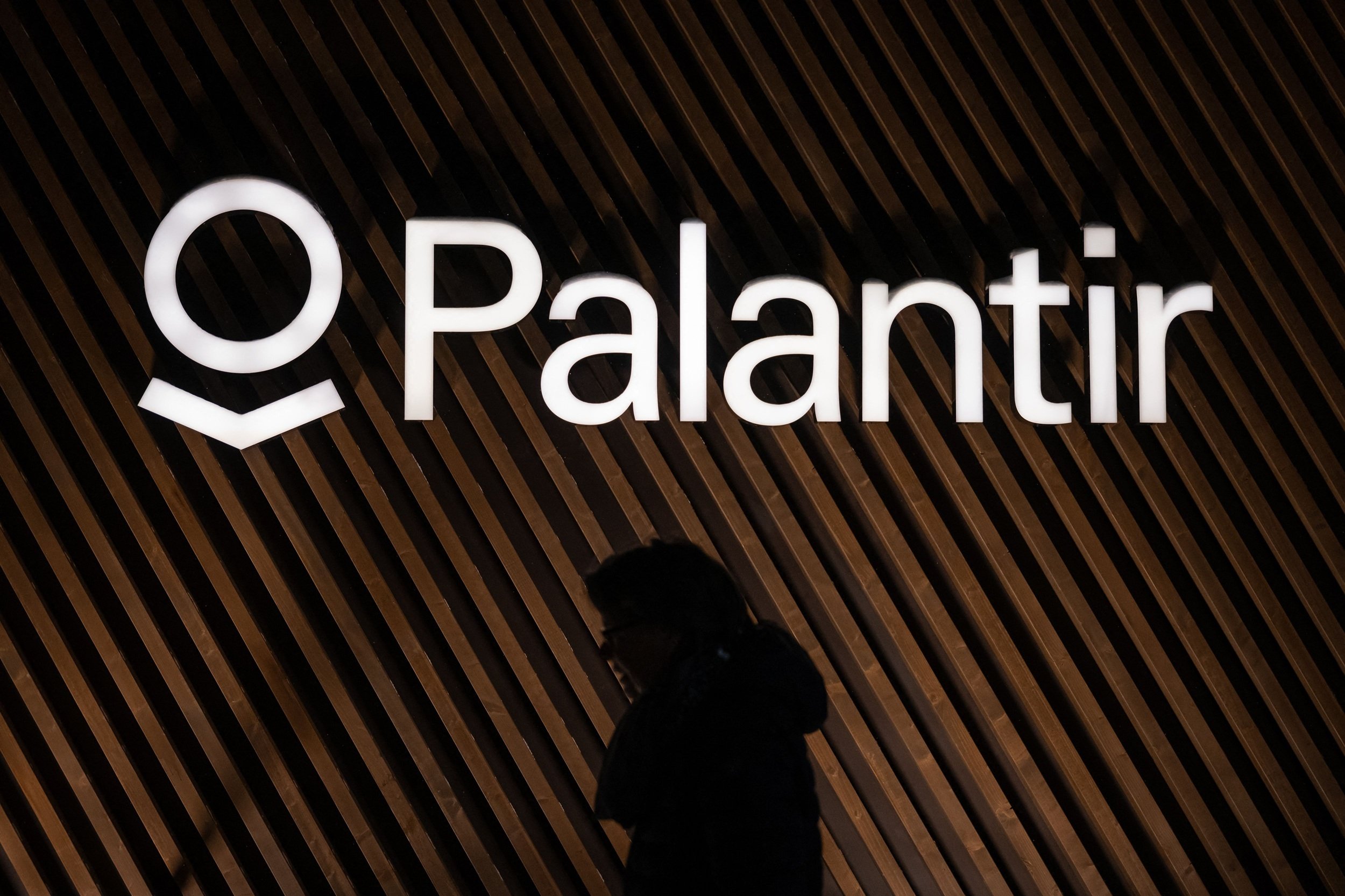The U.S. is the land of opportunity, and not surprisingly, many of the most successful companies in the world have started right here. Today, I wanted to look at three up-and-coming U.S. companies from various industries that still derive the bulk of their revenue from right here in the U.S.
Palantir Technologies
Palantir (PLTR 4.99%) was born out of the mission to help protect the U.S. from terrorists following the September 11 terrorist attack. The company set out to create a software platform that could gather and analyze data from vast and disparate data sets to uncover hidden threats. Its first product, Gotham, was used by the government for things such as tracking terrorist financing and locating high-value targets in military zones.

NASDAQ: PLTR
Key Data Points
In the years since, the company has moved into the commercial sector, where it is seeing great success with its new artificial intelligence platform (AIP). However, the U.S. government remains its largest customer, with it seeing particular strength within the Department of Defense and other government agencies. Palantir is viewed as a potential DOGE (Department of Government Efficiency) winner, as its solutions can help reduce costs and create efficiencies.
In the commercial sector, much of its success comes from its U.S. customer base, which has been embracing AIP. In fact, the company said last quarter that Europe just does not get AI yet. Its U.S. commercial revenue soared 71% last quarter, while its U.S. commercial total contract value skyrocketed 183% from a year ago.
AIP is being embraced across sectors for various tasks, which speaks to the huge opportunity in front of the company. It even has a solution called Warp Speed that helps companies bring back manufacturing to the U.S.
With 71% of its revenue coming from the U.S. last quarter, Palantir is an American success story where the sky is the limit.

Image source: Getty Images
Dutch Bros
Founded in Oregon in the early 1990s, Dutch Bros (BROS 0.69%) is still in the early days of becoming the next great American expansion story. The coffee shop operator has been seeing strong sales for its drinks, with same-store sales climbing 4.7% last quarter, including 6.9% at company-owned shops. However, it still has plenty of same-store growth drivers brewing.

NYSE: BROS
Key Data Points
The company has only recently embraced mobile ordering, which should help drive sales moving forward. This is also feeding into its loyalty program, with it now being able to use its app to introduce new products and send personalized offers to its rewards members. Its biggest potential same-store sales growth driver, though, is food. Food only makes up about 2% of its sales, compared to 19% for rival Starbucks, and it has recently been piloting more food items at a few select locations. While still in the test phase, this could be a big growth driver in the years ahead.
Dutch Bros' biggest opportunity, however, is expansion. It only had 1,012 locations, of which 695 were company-owned, at the end of Q1, and it believes it has the opportunity for 7,000 shops. That would still be less than half the number of U.S. locations that Starbucks has. This year, it plans to open at least 160 new locations, which would equal 16% growth. It has a huge runway moving forward and a goal to double its locations by 2029.
While tariffs could impact the company, it's already locked in its coffee prices for the rest of the year. Meanwhile, the upside just greatly outweighs any tariff risk.
As a regional to national expansion story, this is a great time to jump into the stock of this American stalwart.
Rivian Automotive
With its main manufacturing plant in Illinois and the company looking to break ground on a new facility in Georgia, Rivian Automotive (RIVN 0.46%) could be poised to be the next great American electric vehicle (EV) company. The bulk of its sales are derived from the U.S., with California being one of its largest markets.

NASDAQ: RIVN
Key Data Points
While still a relatively young start-up, the company has been making great strides. It has worked diligently over the past year to lower the cost of its vehicles and improve its manufacturing process, which has helped the company turn gross-margin-positive. The most important move the company made was transitioning to a zonal architecture system, which allowed it to reduce its number of electronic control units and wiring. This technological breakthrough also caught the eye of German automaker Volkswagen, which invested in the company and formed a JV (joint venture) to gain access to this technology.
This investment gives the company a nice runway to increase its manufacturing capacity and, more importantly, introduce its more affordable R2 model. Rivian has been a leader in the luxury EV SUV market, but its new R2, with a starting price of around $45,000, will open it up to a much larger potential customer base.
While tariffs will impact the company, it is working to mitigate the impact, including looking to procure batteries built in the U.S. from LG by 2027.
As an unprofitable company that is still burning cash, Rivian is not an investment for risk-averse investors. But it has a lot of potential as it begins R2 production next year.





